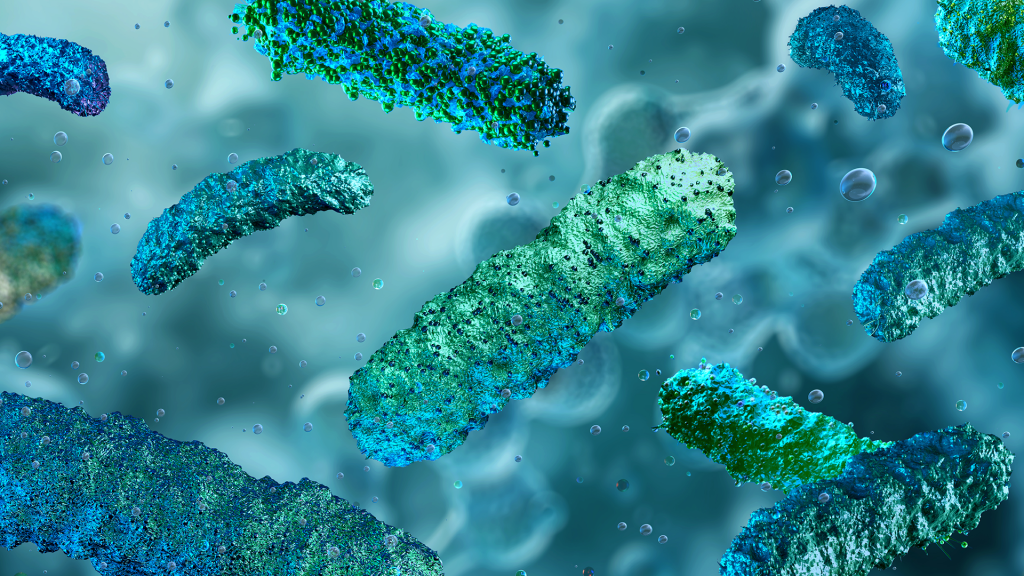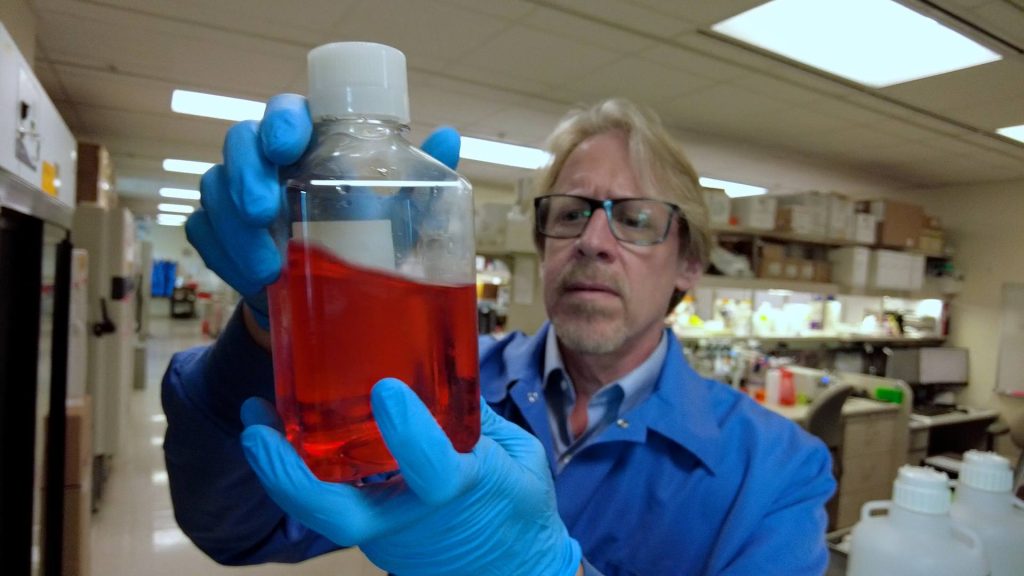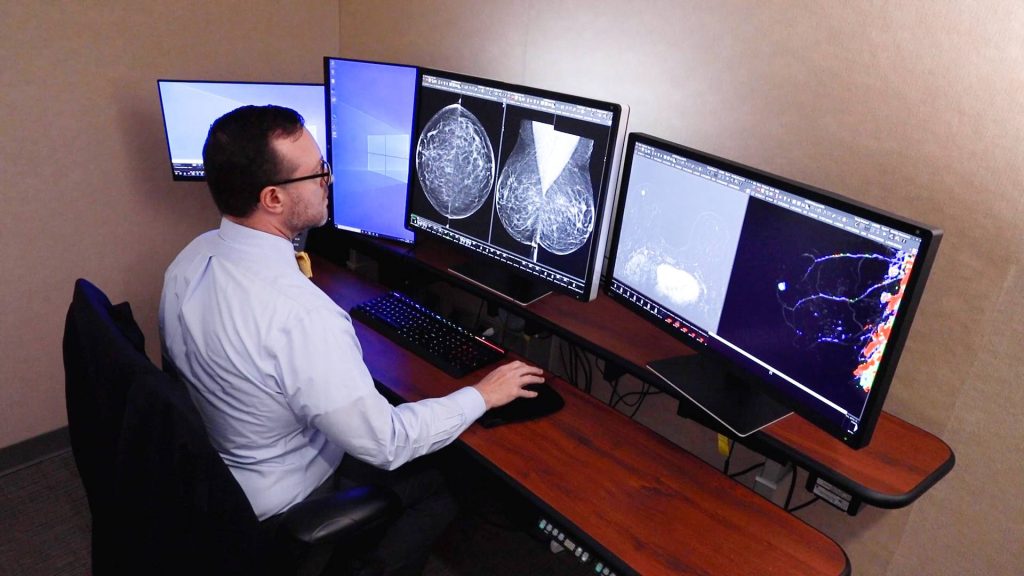




Check out a few of the most popular News Network stories on @mayoclinic social media this past week.
Mayo Clinic Minute: How personalized vaccines target cancer tumors
Vaccines are helpful in protecting against the flu and COVID-19, but could they also play a role in the fight against cancer? Imagine a future where every cancer treatment is personalized to each patient, precisely targeting their unique cancer cells.
Dr. Keith Knutson, a cancer vaccine researcher at Mayo Clinic, explains how the development of personalized lung cancer vaccines is giving hope to patients.
Mayo Clinic Minute: MRI for dense breasts — what to know
Nearly half of all women who have had a mammogram to screen for breast cancer have been identified as having dense breasts. This makes it more challenging to detect breast cancer. That's one reason why it's recommended to have an additional screening done.
Mayo Clinic Q and A: Leg pain? It may be your arteries
Peripheral artery disease is a common, chronic medical condition that affects circulation in the body due to narrowed arteries. The narrowing of arteries is caused by a buildup of fatty deposits, called plaque, which reduces blood flow from the heart to different regions of the body. This can affect the arms, but most commonly, it is an issue found in the legs.
Vaginal microbiome may predict postsurgical urinary tract infections
Each year, many women undergo surgery for pelvic organ prolapse, a condition where weakened muscles and tissues allow organs like the bladder or uterus, to shift and press against the vaginal wall. While the surgical procedure often alleviates symptoms, many women experience urinary tract infections, a common postsurgical complication.
Mayo Clinic contributes to national Alzheimer's disease research priorities in new report
Alzheimer's disease affects millions of Americans, robbing them of memory and affecting families and loved ones. A new report identifies research priorities for the next decade for Alzheimer's disease and related dementias.
Nilüfer Ertekin-Taner, M.D., Ph.D., a Mayo Clinic neuroscientist, served on the select ad hoc committee that developed the report, which includes prevention and treatment strategies.







